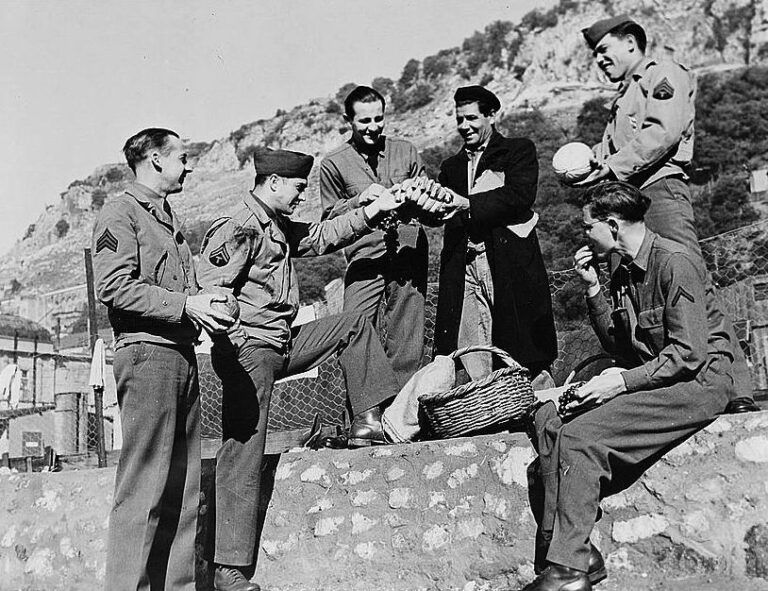Jamaica Heolimeleikalani Osorio foregrounds the intimate in aloha ʻāina, a Kanaka Maoli conception of caring for land, or that which feeds. She provides a close reading of the classic Hawaiian epic Hiʻiakaikapoliopele alongside contemporary Kanaka Maoli battles with settler colonialism and heteropatriarchy. Osorio engages the uniquely Kanaka Maoli genre of moʻolelo by modulating seamlessly between the interpersonal and structural, analysis and composition, and the nineteenth century and the present day.
Keyword: indigeneity
What is Whiteness in North Africa?
This entry sketches a matrix for conceptualizing race in/ and North Africa that takes Arabness, indigeneity, Islam, the Sahara, and slavery as orienting keywords. It suggests an approach to a geopolitically-grounded whiteness as social currency and aspiration that is both based in specific regional economic history and also reaches outward toward globally-circulating formations of racial hierarchy. Acknowledging the distinct legal, colonial, and state histories under and through which racialization has proceeded in North and Saharan Africa since the dissolution of the Ottoman Empire, this entry aims to draw out the ethical imaginaries through which bodies have been marked and categorized in this region. These ethical imaginaries have operated through their attendant languages, memories, and performances to enable racisms and colorisms with violent and enduring material consequences. Under the headings “Racialized Enslavement,” “Whiteness and Arabness,” “Race and the Sahara,” and “Race in North African Popular Culture,” I offer brief introductions to these discursive formations, histories, and conceptual intersections and offer suggested readings for each.

